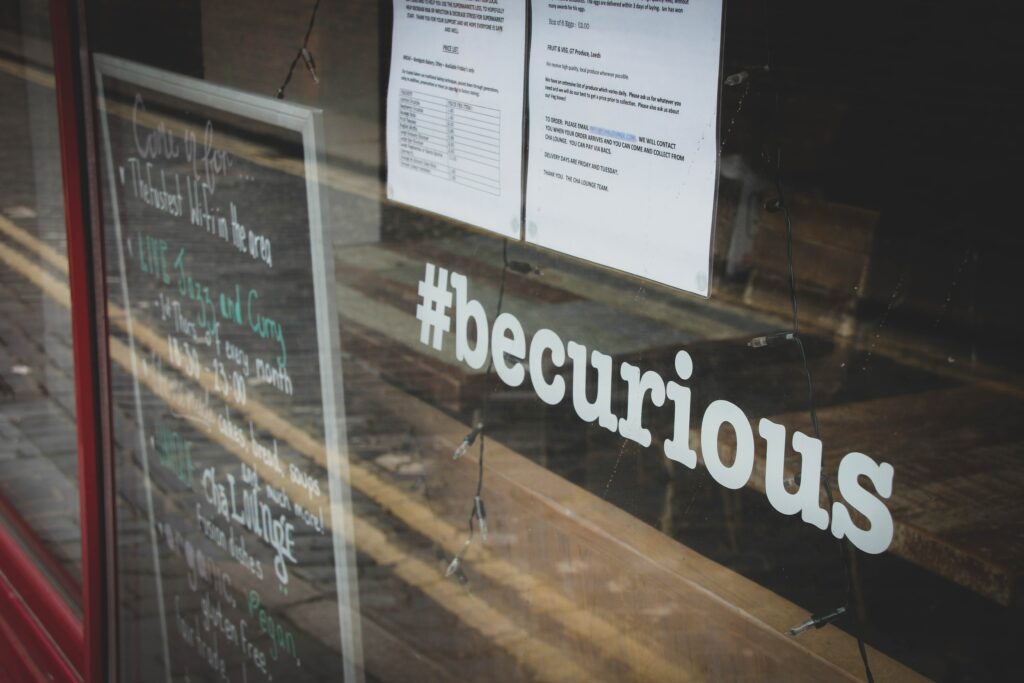The email you were praying for finally comes through:
We would like to invite you to attend an interview on August 28, at 9 a.m. at our office…
No sooner has the initial elation on receiving an invitation to an interview set in than the apprehension at the thought of an impending interview creeps up. No-one is immune to this daunting feeling – ask any highly qualified, self-assured or seasoned interviewee. The first step to successfully handling interview nerves is to accept that anxiety is natural; it’s an instinctive human response to a situation out of your control. The question now is how to overcome interview nerves and make a lasting impression on your prospective employer.
Prepare for it
If you’ve been applying for a number of jobs, it’s easy to forget about the actual one that you’ve been invited to interview for. Make sure to keep a copy of the selection criteria for each application as it will come in handy when you start preparing for the interview. Once you’ve familiarised yourself with the role, take time to look up the company for some background into what they do and get a sense of the organisations culture and values.
Don’t limit yourself to the company website but look into press articles or their social media presence and also widen your research to developments in the organization’s industry. All this information might provide good talking points during your interview, which will leave the potential employer impressed with how engaged and up-to-date you are.
Your knowledge about the role and the organization will help you anticipate potential questions which you can practice answering with a friend or alone in front of the mirror. Preparation also includes mapping out your journey to the interview. Leave at least 30 minutes earlier to accommodate for any delays or diversions. Charge your phone fully and have a good night’s sleep on the eve of your interview, baggy eyes will only stress you more in the morning.

Photo by Vadim Bozhko on Unsplash
Turn Up (on time)
Ghosting has not only become a trend in the dating arena as recruiters have stated an increase in the regularity of candidates not showing up for an interview without any communication to that effect. Not only is this a waste of time for a potential employer, but it says a lot more about you as an applicant. Not turning up without communication shows you are unreliable and unprofessional which are terrible traits in any field of work. A simple phone call or email to alert the recruiter of any changes will save you from gaining a reputation as an unreliable candidate. And when you do turn up, be at least 10-15 minutes early as that will give you time to check in, use the restroom if necessary, and to acclimate yourself with the office.
Good manners will get you everywhere
Contrary to popular belief, your interview begins the minute you step into the organization’s building. How you carry and present yourself from the reception to the interview room has an impact on your overall evaluation. Be as polite to the receptionist or whoever is welcoming all interviewees as you are to the panel interviewing you.
A firm handshake, a smile, good eye contact, confident body language, and proper posture will increase your chances at employability as most companies value likeability and professionalism in addition to good qualifications. When you enter the interview room, wait until you are invited to sit down and position yourself comfortably on the seat without slouching. Your interviewer will have warmed up to your presence before you even begin to speak,
Books are judged by their covers, houses are appraised by their curb appeal, and people are initially evaluated on how they choose to dress and behave. In a perfect world this is not fair, moral, or just, she says. What’s inside should count a great deal more. And eventually it usually does, but not right away. In the meantime, a lot of opportunities can be lost.
Susan Bixler
(The New Professional Image: From Business Casual to the Ultimate Power Look)

Listen and Ask Questions
Once the interview begins, be sure to listen and articulate your answers clearly and audibly. Pay attention to the questions and the flow of the conversation, and be honest in your responses, especially in instances where you don’t know the answer. The point is not to regurgitate information that you might remember from your research, but to show how you can engage and tackle situations that may be thrown at you.
Active listening also includes observing non-verbal communication and learning from the people conducting the interview. While many candidates sail through the questioning particularly because they have prepared for it, some candidates fail to show the same level of engagement when prompted to ask questions themselves.
This part of the interview is not simply an act of courtesy but a chance to show your interest in the organization and reveal a candidate’s thought processes. Even if it’s just one or two questions, this will show your potential employer that you have done some research, you were engaged in the interview and it will also show your ability to think on your feet.

Be yourself
The pressure to impress during a job interview may drive you to take on a totally different identity or mannerisms that you believe will land you the job. But the simple truth is that hiring managers are looking for authenticity and personality during an interview, which is why it is crucial to just be yourself. Not only is the interviewer looking for a skilled and experienced candidate, but also considers which personality type will suit the existing team.
Your bubbly personality could be the boost that the employer needs for team morale or your more passive and pensive personality could be just what the organization needs. Painting a false picture of yourself at interview will mean that if you do get the job, you might have to continue with the façade or suddenly appear like a different person to your new manager. Your authenticity will give you the opportunity to find a company and a position that falls in line with your values and goals.
With a little help from these suggestions, we hope your next interview will be your last one. Until then, keep working on yourself!
Have you also read these articles?
Get The Job #4 – The Interview
INTERVIEW: Gonzalo Maza — ISH resident & Academy Award winner.


3 comments
Comments are closed.